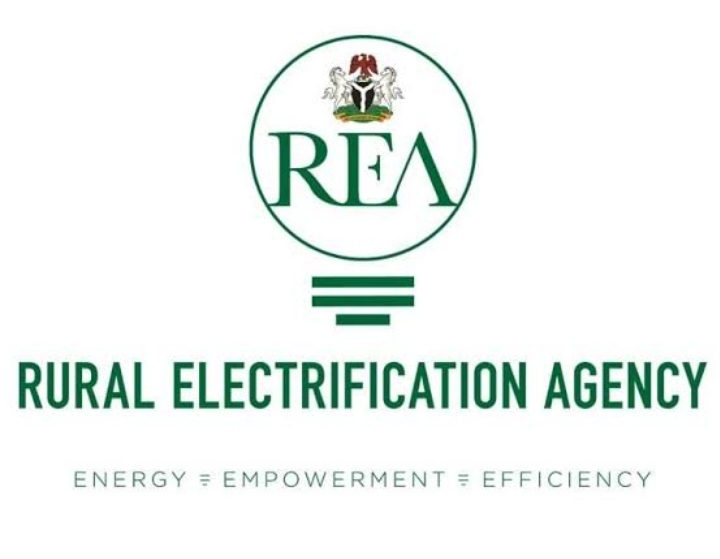
Homeschooling Photo credit: My Clallam County
A federal lawmaker, Mustapha Tijjani, has called for the adoption of a homeschooling model as a solution to the challenges of poor access to education in the country.
Homeschooling is an educational method in which parents or private tutors educate their children at home instead of sending them to traditional schools.
Consequently, lawmakers have sponsored two bills that were recently introduced on the floor of the Green Chamber.
The bills are the “Compulsory, Free Universal Basic Education Act (Amendment) Bill, 2024 and “Child’s Rights Act (Amendment) Bill, 2024.”
The Compulsory, Free Universal Basic Education Act aims to provide a legal framework for homeschooling, addressing issues of access, quality, and inclusivity in education.
In an interview with journalists on Friday, Tijjani, who represents Albasu/Gaya/Ajingi Federal Constituency of Kano State, explained the bill’s motivation, citing the lessons learnt during COVID-19.
He said, “In the advanced world, children are not hindered; their education has not been hindered. But in this part of Africa and Nigeria in particular, the educational system has been hindered. This shouldn’t have been because a child should have a right to education.”
He added that when a child is not learning at his/her formative stage, the intelligence quotient would be affected, thereby altering his/her future prospects.
The New Nigeria People’s Party lawmaker lamented the huge number of out-of-school children in Nigeria, stressing that homeschooling can help bridge the gap.
“The bill gives parents the option to educate their children at home, either by hiring a local teacher or teaching them personally, using the Nigerian curriculum,” he said.
He added that this initiative would benefit vulnerable children, including those in remote areas and Almajiri children, by providing them with opportunities for formal education.
The lawmaker highlighted the potential economic advantages of homeschooling, saying, “Parents who choose homeschooling reduce the strain on government infrastructure and resources. It also minimises costs associated with uniforms, transportation, and other school-related expenses.”
He also spoke on the moral dimension of the homeschooling model, noting that parents can better monitor their children’s moral development and shield them from negative influences often encountered in schools.
“There are issues of immorality that happen in our primary and secondary schools. Therefore, we have to protect that. Parents do try as much as possible to give their children morals, to give them a good attitude,” he added.
When asked about the challenges of implementing homeschooling, including the cost of technology and data for online learning, Tijjani clarified that the bill incorporates both online and traditional homeschooling methods.
“Parents don’t necessarily need to connect to online platforms. They can follow the Nigerian curriculum with the help of local teachers or by teaching their children directly,” he said.
Addressing concerns about a potential decline in educational standards, the Kano lawmaker argued that homeschooling could enhance quality by allowing personalised and focused learning.
“Public schools often have overcrowded classrooms, making it hard for teachers to give individual attention. Homeschooling creates an environment where children can receive one-on-one guidance,” he said.
He further added that the bill is not meant to replace conventional schooling but to act as an alternative form of learning.
“It is optional. Parents who prefer conventional schools can continue, but those unable to afford it can now have a legal option to educate their children at home,” he said.

 4 hours ago
5
4 hours ago
5













